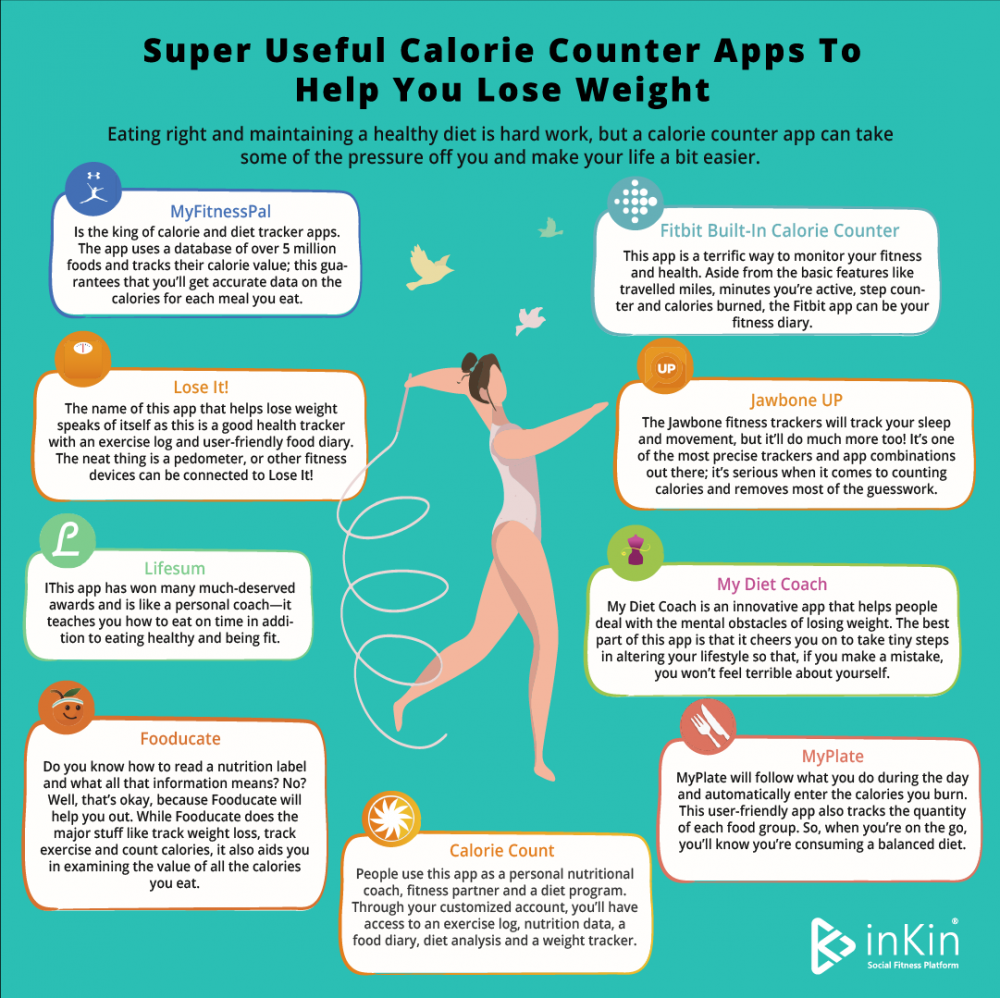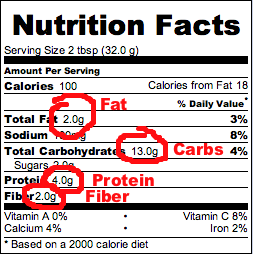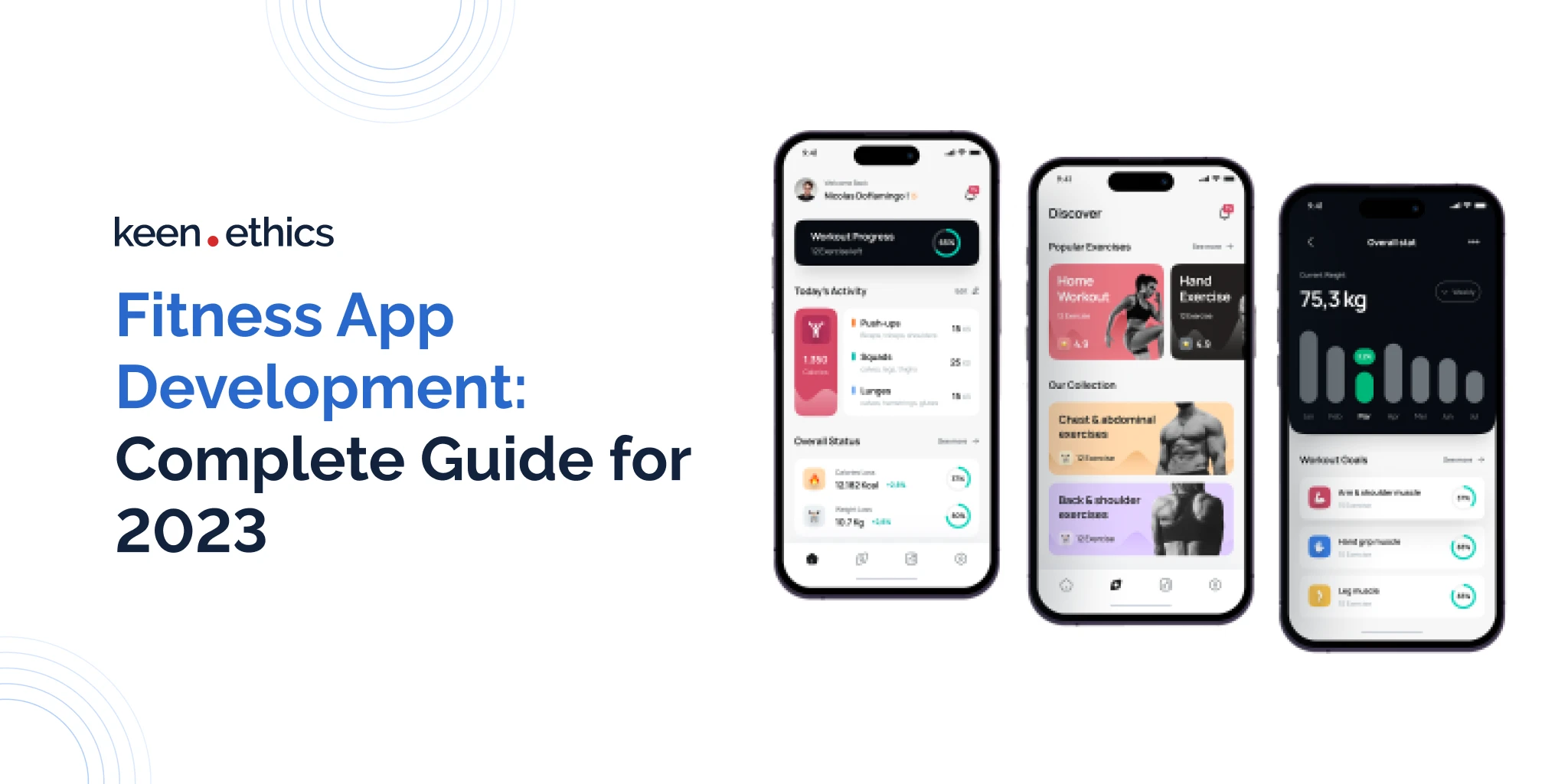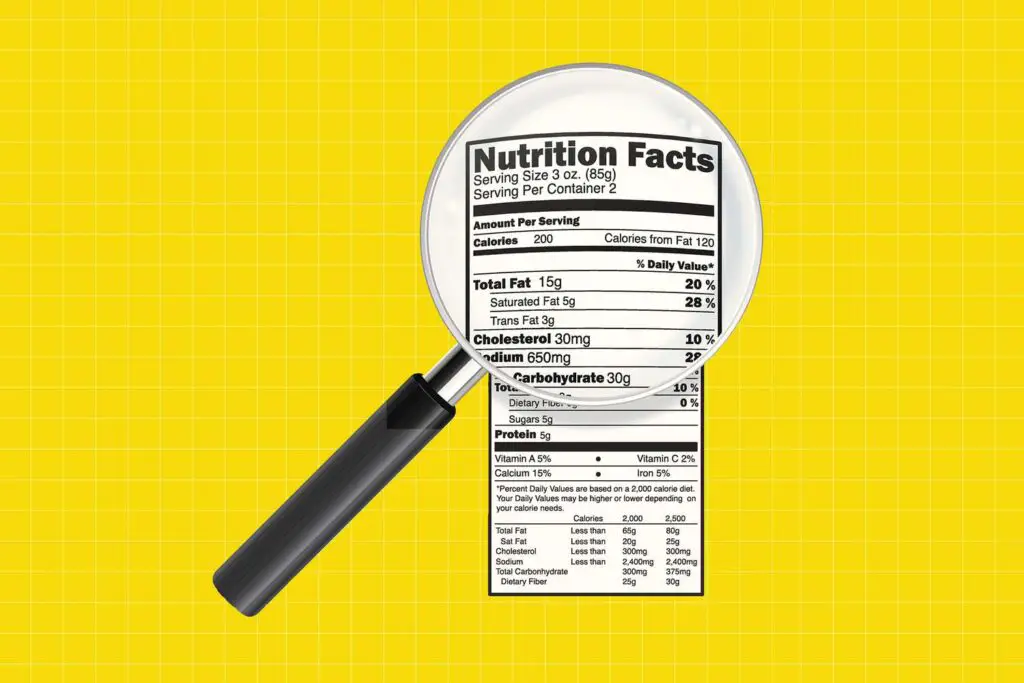Total calories on a fitness app refers to the overall amount of energy a person consumes through food and drinks in a given day. It is a key metric that helps users track and manage their daily calorie intake to support their fitness goals.
By monitoring total calories, individuals can gain insights into their dietary habits and make informed decisions about their nutrition. Whether it’s losing weight, maintaining a healthy lifestyle, or building muscle, understanding total calories is crucial for effective fitness tracking and progress.
So, let’s delve deeper into what total calories mean on a fitness app and how it impacts your health and well-being.

Credit: www.inkin.com
Understanding Total Calories On Fitness App
When it comes to tracking your fitness progress, understanding the concept of total calories is crucial. Total calories refer to the amount of energy you consume through food and beverages in a day, and they play a significant role in achieving your fitness goals. Fitness apps are powerful tools that help you monitor your calorie intake and expenditure. In this article, we will delve into the meaning of total calories, how they are calculated on fitness apps, and why tracking them is important for your fitness goals.
What Are Total Calories?
Total calories, also known as energy balance, represent the combined energy value of the food and drinks you consume throughout the day. Each macronutrient in your diet, such as carbohydrates, proteins, and fats, has a specific calorie value. For instance, 1 gram of carbohydrates and proteins provides 4 calories, while 1 gram of fat provides 9 calories. By summing up the calorie values of all the macronutrients in your diet, you get your total calorie intake for the day.
How Are Total Calories Calculated On Fitness Apps?
Fitness apps simplify the process of calculating total calories by providing pre-set calorie values for various food items. These values are based on established nutritional databases. When you log your meals or snacks in the app, it automatically adds up the calorie values of the individual items, giving you a real-time insight into your total calorie intake. The apps also take into account your personal information, such as age, weight, and activity level, to estimate your daily calorie expenditure.
Why Is Tracking Total Calories Important For Fitness Goals?
Tracking total calories is crucial for reaching your fitness goals because it helps you maintain a balance between your calorie intake and expenditure. Whether you want to lose weight, gain muscle, or simply maintain your current physique, you need to ensure you are in a calorie deficit, surplus, or maintenance level, respectively. By tracking your total calories, you can fine-tune your diet and make necessary adjustments to achieve your desired results. Moreover, tracking calories also helps you become more mindful of your eating habits and make healthier choices.

Credit: www.foodiefiasco.com
The Secret To Effective Calorie Tracking
Welcome to our blog post on the secret to effective calorie tracking! If you’re using a fitness app to monitor your progress, you’ve probably come across the term “total calories.” But what does it really mean?
Understanding The Concept Of Calorie Tracking
Calorie tracking is the process of monitoring the number of calories you consume and burn throughout the day. It’s a critical component of any fitness journey as calories play a central role in weight management. Total calories, as displayed on your fitness app, refers to the sum of the calories you’ve consumed or burned, providing a comprehensive picture of your daily energy balance.
The Importance Of Accurate Calorie Tracking
Accurate calorie tracking is vital to effectively reach your health and fitness goals. By keeping a close eye on your total calorie intake, you can ensure that you’re providing your body with the right amount of fuel to support its functions. It allows you to make informed decisions about portion sizes, food choices, and exercise routines, helping you maintain a healthy weight or achieve weight loss.
In addition, accurate calorie tracking helps create awareness of your eating habits. By actively tracking your daily calorie consumption, you become more mindful of your choices and can identify patterns or areas for improvement. It serves as a powerful tool for accountability, motivating you to stay on track and make healthier choices in the long run.
Tips And Tricks For Effective Calorie Tracking
To ensure your calorie tracking is as effective as possible, consider the following tips:
- Be honest and precise: When logging your food intake, it’s important to be honest and accurate. Use food scales or measuring cups to determine portion sizes, and include all condiments and cooking oils. Accuracy is key!
- Track everything: Don’t overlook the small snacks or drinks you consume throughout the day. Even seemingly insignificant calories can add up and have an impact on your overall energy balance.
- Utilize a food diary: Recording your meals and snacks in a dedicated food diary or using a food tracking app can make calorie tracking more manageable and convenient. It also allows you to identify food patterns and make necessary adjustments.
- Consider the quality of calories: While tracking total calories is important, don’t forget to focus on the quality of those calories too. Opt for nutrient-dense foods and try to strike a balance between macronutrients (carbohydrates, proteins, and fats) to support overall health.
- Consult a professional: If you’re struggling with calorie tracking or have specific dietary needs, it’s always a good idea to consult with a registered dietitian or nutritionist. They can provide personalized guidance and ensure you’re on the right track towards your goals.
By following these tips and incorporating them into your daily routine, you can maximize the effectiveness of your calorie tracking efforts and pave the way for long-term success.
Maximizing Your Fitness App’s Calorie Tracking Features
In today’s fast-paced world, fitness apps have become an indispensable tool for tracking our health and wellness goals. One of the key features offered by these apps is the ability to monitor our calorie intake and expenditure. But what exactly does “total calories” mean on a fitness app, and how can we make the most of this feature to achieve our fitness goals? In this article, we will explore the available features on fitness apps, learn how to set personalized goals for calorie tracking, and discover how to integrate other metrics for comprehensive tracking.
Exploring Available Features On Fitness Apps
Understanding the various options presented by fitness apps can help us leverage their full potential for calorie tracking.
When we dig into the available features on fitness apps, we open a world of possibilities for optimizing our calorie tracking. These apps typically offer multiple functionalities, such as recording meals and snacks, tracking exercise, and providing nutritional information for a wide range of food items. Some apps even allow users to scan barcodes or search for specific meals, making it easier than ever to track our daily calorie consumption.
Moreover, many fitness apps provide charts and graphs that visually represent our calorie intake and expenditure. These visual representations enable us to identify patterns, analyze our progress, and make adjustments accordingly. By exploring the available features and understanding how they work, we can unleash the true potential of our fitness app.
Setting Personalized Goals For Calorie Tracking
Establishing personalized calorie goals is crucial for maximizing our fitness app’s calorie tracking effectiveness.
Setting personalized goals for calorie tracking is essential, as each individual has unique requirements and objectives. Fitness apps often provide the option to customize our daily calorie intake based on our weight, height, age, and activity level. By taking these factors into account, we can generate a tailored calorie goal that aligns with our specific fitness journey.
It’s important to remember that the goal should be realistic and sustainable, as drastic calorie restrictions can have adverse effects on our overall health. Striking the right balance between calorie intake and expenditure is key to achieving long-term success. By setting personalized goals, we empower ourselves to stay motivated and make informed choices regarding our nutrition.
Moreover, some fitness apps also offer the option to set weekly or monthly weight loss goals, providing an additional layer of guidance and accountability. By having clear objectives in mind, we can stay focused and measure our progress effectively.
Integrating Other Metrics For Comprehensive Tracking
For a holistic approach to tracking fitness, it’s crucial to integrate other metrics alongside calorie tracking.
While tracking calories is undoubtedly valuable, it’s important to remember that it is just one piece of the puzzle when it comes to achieving overall fitness and wellness. By integrating other metrics into our fitness app, we can gain deeper insights and a more comprehensive understanding of our bodies.
For instance, tracking macronutrients, such as proteins, fats, and carbohydrates, can help us maintain a well-balanced diet and optimize our performance. Additionally, monitoring other parameters such as sleep, heart rate, and steps taken can provide a holistic view of our overall health and well-being.
Integrating additional metrics allows us to identify potential correlations between different factors and adjust our habits accordingly. By combining calorie tracking with other valuable measurements, we pave the way for a truly integrated and personalized fitness journey.

Credit: keenethics.com
Frequently Asked Questions For What Does Total Calories Mean On Fitness App
What Does Total Calories Mean On Apple Fitness App?
Total calories on the Apple fitness app refers to the overall number of calories burned during your workouts and activities. It gives you a comprehensive view of your calorie expenditure throughout the day, helping you track and manage your energy balance more effectively.
Should I Count Active Calories Or Total Calories?
Counting active calories is more beneficial than total calories as it focuses on the calories burned during physical activity. This helps track the exact amount of energy expended and gives a better idea of your progress and fitness level.
What Is The Total Calories On My Fitness App?
The total calories on your fitness app can be found by checking the calorie tracker or daily summary section.
How Many Total Calories Should I Burn A Day?
On average, you should aim to burn around 2000-2500 calories per day to maintain a healthy weight. However, the exact number varies depending on factors like age, gender, activity level, and metabolism. It’s best to consult with a healthcare professional for personalized guidance.
Conclusion
Understanding what total calories mean on a fitness app is essential for tracking your progress and achieving your fitness goals effectively. By knowing the total calories you consume and burn, you can make informed decisions about your diet and exercise routine.
Whether you’re trying to maintain, gain, or lose weight, monitoring your total calories can help you stay on track. So, take advantage of the valuable information provided by fitness apps and embrace a healthier lifestyle. Start tracking your total calories and watch your fitness journey unfold before your eyes.



